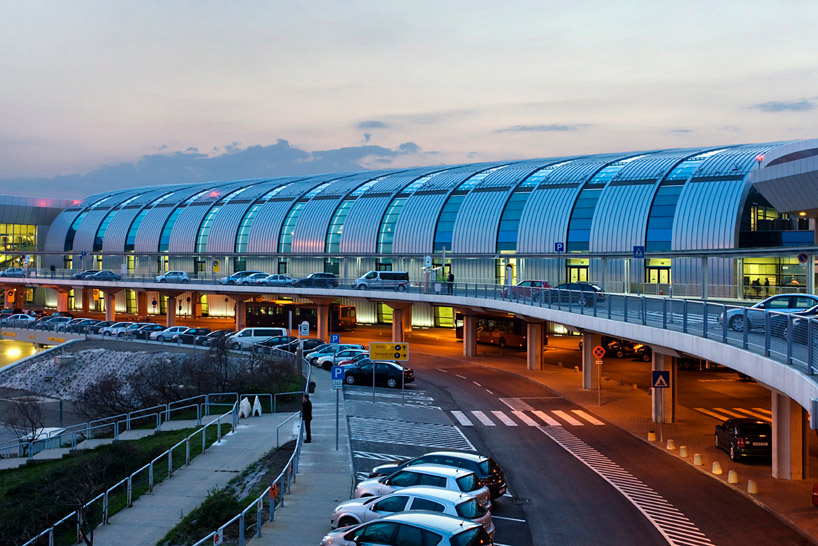Balancing Human Needs and Team Spirit in a Healthy Corporate Rebirth

Nóra Szabó
Nóra Szabó, human resources director of Gránit Pólus Management Zrt., talks with the Budapest Business Journal about the HR lessons learned from the pandemic, how it is building its post-pandemic restart, and management restructuring along with a more agile basis.
BBJ: What were the biggest takeaways for Gránit Pólus Management Zrt. from the pandemic from an HR perspective?
Nóra Szabó: There were several lessons to be learned. We had to face new challenges and adapt to things we hadn’t experienced before. We were in a forced situation regarding home office and would never have operated it to such an extent, working five days out of five from home! We are not software developers; personal consultations with tenants and colleagues hold critical importance for us. But we found the right solution, thanks to the fact that we had created the conditions for home office in the group as early as 2017. Our colleagues could continue their work from home from one day to the next, providing maximum safety and care. The message to me is that preparedness, forward-thinking and flexibility bear fruit.
Like everyone else, we experienced unfavorable external factors, so we had to redesign, adapt, and develop continuously. It is a lesson to learn in our lives, both as a company and as individuals. All of our planned corporate programs were canceled, and we also had to deal with the human aspects, handling the adverse effects of the pandemic in our team’s lives and giving them support and positivity. We tried to keep the group together and help each other, even mentally, via online platforms. We organized various events on Teams, from historical or nutritional presentations to wine tasting, and we also invited engaging performers like Dr. Gábor Zacher. Overall, we learned a lot, but this period did more harm than good.
BBJ: Where are you with the post-pandemic restart now? Is everyone back in the office? How long has this process taken?
NSz: Although we have returned to the office physically for several weeks, life is only properly restarting these days. Step by step, we return to our old habits: we can safely offer fruits to colleagues in the public spaces of Sóház, and we also announced new dates for our postponed live events and organize again the team building programs we used to have (like bike tours, painting workshops and so on). Life always gives us challenges; after COVID, we now have war in our neighborhood. As a socially responsible company, we cannot ignore it. We involve our colleagues in donation projects as well: together, we have prepared 2,000 sandwiches and collected charity packages to support the refugees.
BBJ: As you move forward, will home office remain a part of the mix? If so, how often?
NSz: We see the advantages and disadvantages of home office in our company. We found that colleagues could work effectively and with discipline from their homes during the pandemic, but team spirit and community cohesion suffered. In the new structure, we keep one day a week for remote work, but we investigate different options for the various operational areas, and we are ready to provide individual assessments in certain instances.
BBJ: Are there other elements from the COVID period you wish to incorporate into office life?
NSz: We gained experience and best practices in different fields, from HR to operations. One of the major topics where we really improved and built new “habits” is the digital transformation with the development and use of online platforms. On the other hand, we learned much about the organization itself; we developed cooperation and flexibility. Human connections were always vital for the group, but we learned to pay extra attention to safety. During the pandemic, this was a guarantee of safety; now, it is a tool of efficiency.
BBJ: Some people prefer working in the office; others might be worried about a safe return. How do you balance these fears and needs?
NSz: In the past two years, we have provided all means of prevention against viral infection: free tests, masks, disinfection, and mental support. We were constantly monitoring health recommendations and consulting with professionals. We also made a responsible decision when we sent our employees home, and after that, we made all restrictions and mitigations thoughtfully and responsibly. Of course, individual preferences are present in all areas of life. We can’t match everybody’s needs, but we pay attention to them and try to find the most comforting solutions for all.
BBJ: We constantly hear how important ESG is becoming, not least for recruiting and retaining staff. Is this something your HR department has found?
NSz: ESG is not a new topic for us. It has been present in our company culture for many years, as the owners and the leadership of Gránit Pólus are highly committed to its principles. It is an expectation from our team as well, so, yes, it is also selection criteria in hiring. Only the framework names have changed; previously, we used to talk about sustainability, social responsibility (which refers to the treatment of our colleagues as well and is very important) and transparency.
Although many of the initiatives come from the HR department, ESG has to be interwoven throughout the company to work properly. It is not a “nice to have” project but fundamental to facing the future, proving our competitiveness from a business perspective, and building an attractive company image. I would emphasize the social line and the environmental consciousness from an HR perspective.
We provide different programs for our colleagues where they can personally take part in these initiatives. In previous years, we helped renew three institutions for socially disadvantaged and disabled people. These were all-day events where more than 70 of our colleagues worked together. This year we are going to prepare food for homeless people.
We pay attention to the well-being of our team and provide them with future-fit solutions to protect their health, give them care and help them grow together. This year, we are organizing a bike tour around Lake Velence, offering them handcraft workshops and providing alternative team-building events.
BBJ: Your post-pandemic restart includes changes to how the management organization is structured. What’s the rationale behind this?
NSz: The pandemic led us to rethink our internal operations and shift towards an agile, knowledge-based, matrix-type organization. In the new structure, projects are in focus instead of the tasks of a particular position. People are incentivized to share their knowledge in different fields, have creative cooperation at a very high level, and concentrate on the project’s success. We believe that this innovative approach presents more possibilities for our team to grow and is the key to a future-fit operation.
This article was first published in the Budapest Business Journal print issue of April 22, 2022.
SUPPORT THE BUDAPEST BUSINESS JOURNAL
Producing journalism that is worthy of the name is a costly business. For 27 years, the publishers, editors and reporters of the Budapest Business Journal have striven to bring you business news that works, information that you can trust, that is factual, accurate and presented without fear or favor.
Newspaper organizations across the globe have struggled to find a business model that allows them to continue to excel, without compromising their ability to perform. Most recently, some have experimented with the idea of involving their most important stakeholders, their readers.
We would like to offer that same opportunity to our readers. We would like to invite you to help us deliver the quality business journalism you require. Hit our Support the BBJ button and you can choose the how much and how often you send us your contributions.









